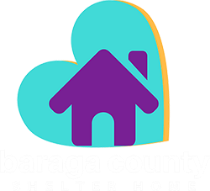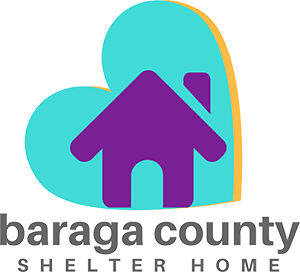Support is important - and the first step is just being there.
Deciding to leave an abusive relationship is very individualized and highly personal to the survivor. But all survivors can benefit from having support from trusted people during this time. Because isolation from family and friends is a common tactic used by abusers, it’s important to know how you can support survivors on the path to finding safety and reclaiming power.
Start a Conversation
Conversations with a survivor about their situation can be hard. They may not want to talk about the abuse they are experiencing out of fear, shame, or even concern for their abusive partner. One of the best ways to help someone in an abusive relationship is finding ways to have a conversation that empowers them to make their own decisions.
Check out these other tips from the National Domestic Violence Hotline for talking about relationship abuse , talking to your teen , and talking to your co-worker.
Ways to Support
Once you recognize the warning signs of abuse in a relationship, it might not always be clear how to respond. Your instinct may be to “save” your friend or loved one from the relationship, but the situation is never that simple. Abuse appears in many forms and ways and there are also many reasons why people might stay in abusive situations, including to avoid escalating the violence.
Awareness
Recognizing abuse, understanding how power and control operate and how to shift power back to those affected by domestic violence are some of the most important ways to support survivors in your life.
Emotional Support
Listen and believe survivors. From the National Domestic Violence Hotline, here are some additional tips for supporting a loved one experiencing relationship abuse:
- Acknowledging that their situation is difficult, scary, and brave of them to regain control from.
- Not judging their decisions and refusing to criticize them or guilt them over a choice they make.
- Remembering that you cannot “rescue them,” and that decisions about their lives are up to them to make.
- Not speaking poorly of the abusive partner.
- Helping them create a safety plan.
- Continuing to be supportive of them if they do end the relationship and are understandably lonely, upset, or return to their abusive partner.
- Offering to go with them to any service provider or legal setting for moral support.
Material Support
People in abusive relationships may be lacking material and financial resources. From the National Domestic Violence Hotline, some of the most immediate ways to support survivors' material needs:
- Help them identify a support network to assist with physical needs like housing, food, healthcare, and mobility as applicable.
- Help them by storing important documents or a “to-go bag” in case of an emergency situation.
- Encourage them to participate in activities outside of their relationship with friends and family, and be there to support them in such a capacity
- Encourage them to talk to people who can provide further help and guidance, like The Hotline or our teen and young adult project love is respect.
- If they give you permission, help document instances of domestic violence in their life, including pictures of injuries, exact transcripts of interactions, and notes on a calendar of dates that incidents of abuse occur.
- Don’t post information about them on social media that could be used to identify them or where they spend time.
- Help them learn about their formal legal rights through resources like Women’s Law, which provides information on domestic violence laws and procedures.
- With their permission, ensure that others in the buildings where the survivor lives and works are aware of the situation, including what to do (and what not to do) during a moment of crisis or confrontation with an abusive partner
Bystander Intervention
Check out these Tips for Intervening if you Witness Domestic Violence (from National Domestic Violence Hotline)

Call our 24/7 Helpline: 906-524-7078
Talk to one of our advocates to help you identify ways to help and support a loved one experiencing domestic violence.

